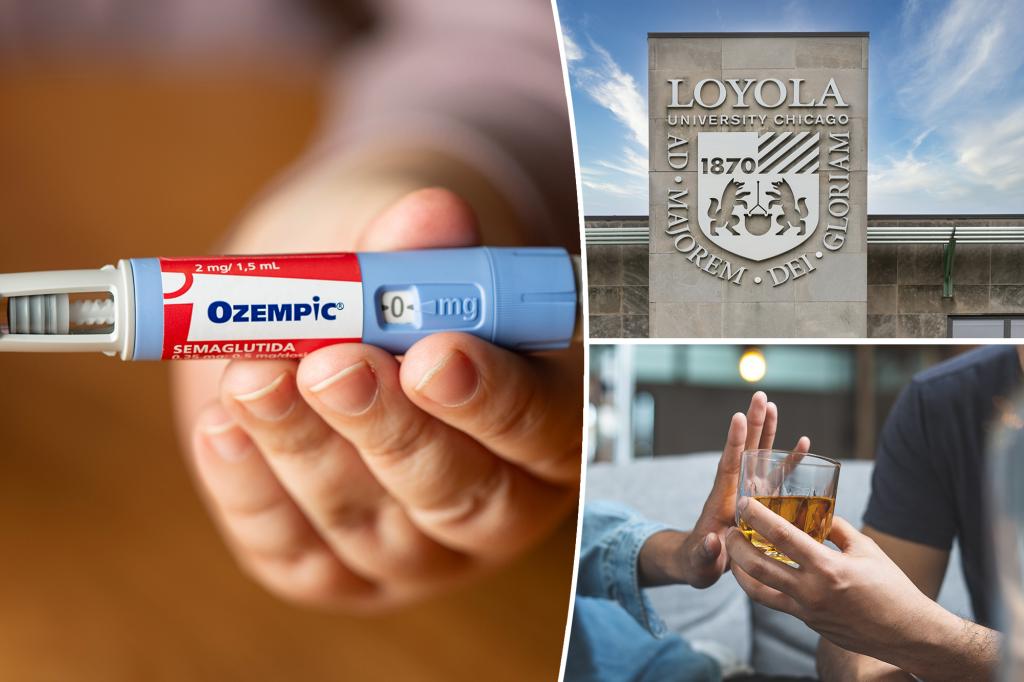Researchers from Loyola University Chicago have been studying the potential of medications like Ozempic in treating substance abuse. Ozempic is a drug that mimics the body’s naturally occurring GLP-1 hormone, which helps people feel full and eat less, and it is commonly used to treat diabetes and promote weight loss. A new study from Loyola University Chicago found that patients with opioid use disorder who were taking a GLP-1 drug like Ozempic had a 40% lower rate of opioid overdose compared to those who did not have a prescription. Additionally, individuals with alcohol use disorder were able to cut their rate of intoxication in half with the use of a GLP-1 drug.
The findings of this study were published in the scientific journal Addiction, adding to the evidence that GLP-1 drugs may have potential benefits in treating substance abuse. Previous research on the effects of GLP-1 drugs on substance abuse has mainly been done through animal studies and small clinical trials, but this new study involved a larger cohort of 1.3 million participants, including 13,700 individuals taking Ozempic or a similar drug. The study found promising results in reducing opioid overdoses and alcohol intoxication rates among those taking GLP-1 medications.
In the United States, millions of people suffer from opioid use disorder (OUD) and alcohol use disorder (AUD). In 2022, an estimated 6.1 million Americans aged 12 and older reported having OUD, while 28.9 million admitted to having AUD. The study highlights the potential impact that GLP-1 drugs like Ozempic could have on reducing the negative consequences of substance abuse, such as overdose and intoxication. The US Food and Drug Administration has approved Ozempic for the treatment of Type 2 diabetes in adults and Wegovy for adult weight loss, showing their potential to address various health issues.
Experts believe that medications like Ozempic interact with the mesolimbic system in the brain, a reward center that plays a role in addictive behaviors. By altering the reward-response pathways related to substance use, GLP-1 drugs may help individuals reduce their reliance on opioids and alcohol. People who have taken Ozempic have reported changes in their desire to drink alcohol, with some mentioning a loss of interest in consuming alcohol altogether. As more research is conducted on the effects of Ozempic on various health conditions, including heart disease and skin disorders, the potential benefits of these medications continue to be explored.
As awareness of the potential benefits of GLP-1 drugs in treating substance abuse grows, researchers are continuing to investigate the effectiveness of medications like Ozempic in addressing addiction issues. The study from Loyola University Chicago adds to the existing evidence on the positive impact of GLP-1 drugs on reducing opioid overdose rates and alcohol intoxication. With millions of Americans struggling with OUD and AUD, finding new, effective treatments is crucial in combating the opioid and alcohol crisis in the United States. Pharmaceutical companies like Novo Nordisk, the manufacturer of Ozempic and Wegovy, are working to develop medications that can address a wide range of health issues, including substance abuse disorders.


